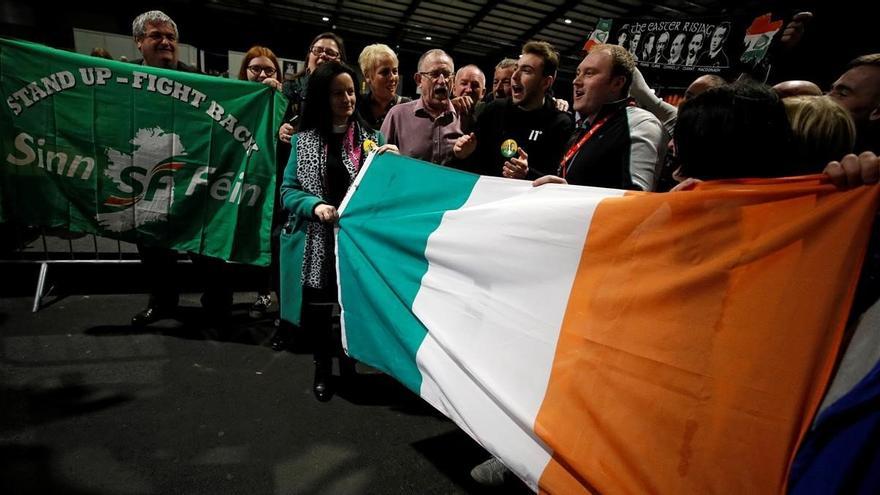Ireland will hold a general election on November 29, as Prime Minister Simon Harris moves forward with plans to capitalize on a popular budget and the diminishing support for opposition party Sinn Féin. Harris, who had until March to call the election, has chosen to dissolve parliament earlier, after presenting a robust 10.5 billion euro budget in October, featuring tax cuts and increased spending aimed at bolstering the economy. The announcement coincides with Europe’s healthy public finances and Ireland’s vulnerability to external economic pressures, especially with U.S. President-elect Donald Trump’s plans to reduce corporate taxes and impose tariffs, which threaten the country’s low-tax model that has attracted significant U.S. investment.
Harris expressed optimism about the upcoming election, saying, “It’s my hope that we will have polling day on the 29th of November, and I’m looking forward to the weeks ahead, asking the people of Ireland for a mandate.” He also confirmed plans to seek the dissolution of parliament on Friday to formally kickstart the campaign.
Sinn Féin, which had hoped to prevent the ruling Fine Gael party from securing a fourth consecutive term, has seen its support collapse over the past year due to internal controversies and a shift in its voter base. Once polling at 35%, Sinn Féin now lags behind at 18.5%, according to recent polls. In contrast, Fine Gael has increased its popularity under Harris’ leadership, with the coalition’s main partner, Fianna Fáil, polling at 21.5%. Despite these gains, Harris faces significant challenges, particularly addressing high housing costs, strained public services, and growing concerns over immigration policies.
The upcoming election could mark a critical juncture for Sinn Féin, which, while still advocating for a referendum on the unification of Northern Ireland, faces an uphill battle in regaining its momentum. Meanwhile, Fine Gael and Fianna Fáil, historic rivals who have dominated Irish politics for the past century, are likely to form a coalition government once again, potentially with smaller parties such as the Green Party. This coalition would likely pursue policies similar to those in the past, as they continue to consolidate their power in the face of a shifting political landscape.



